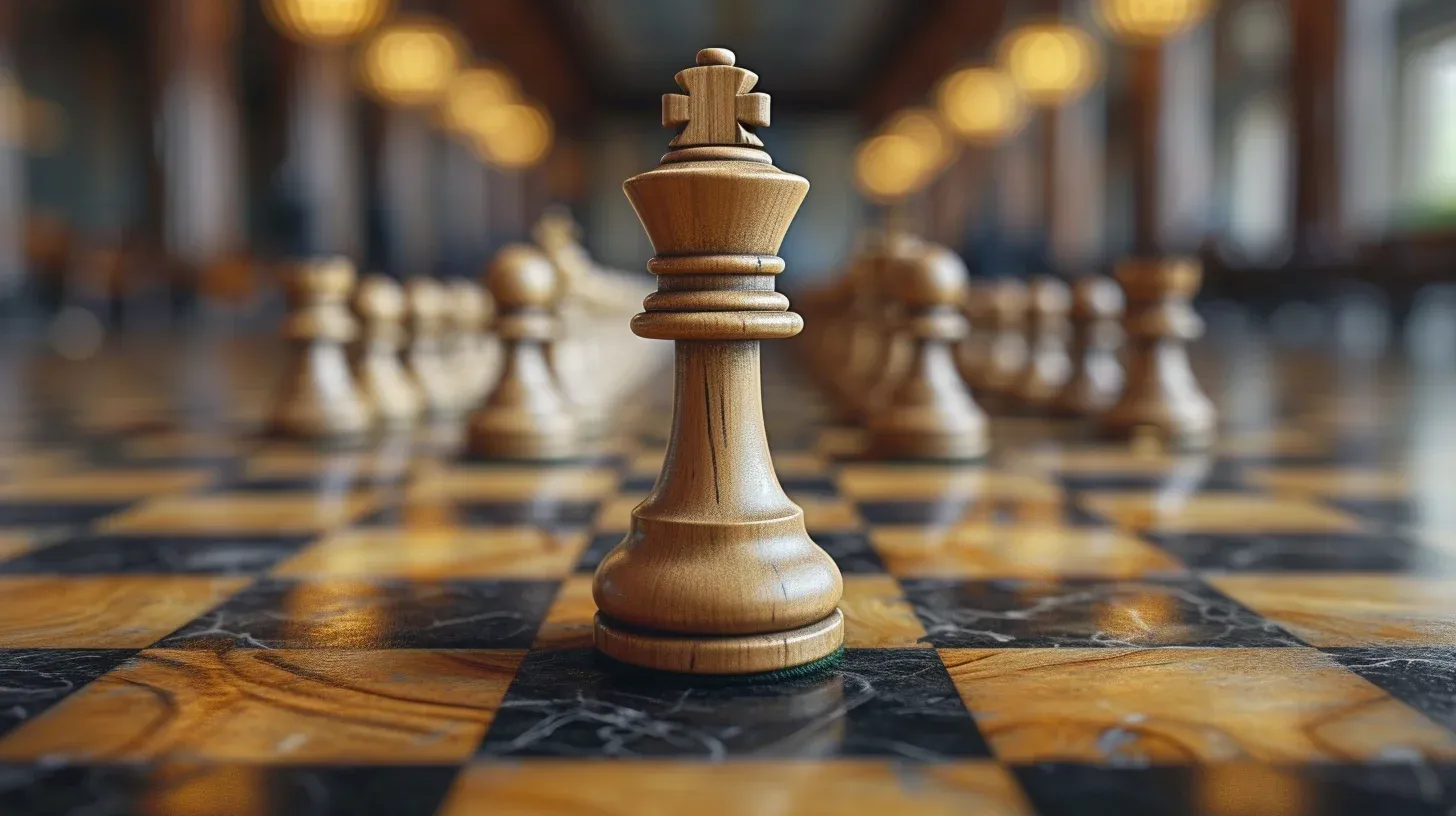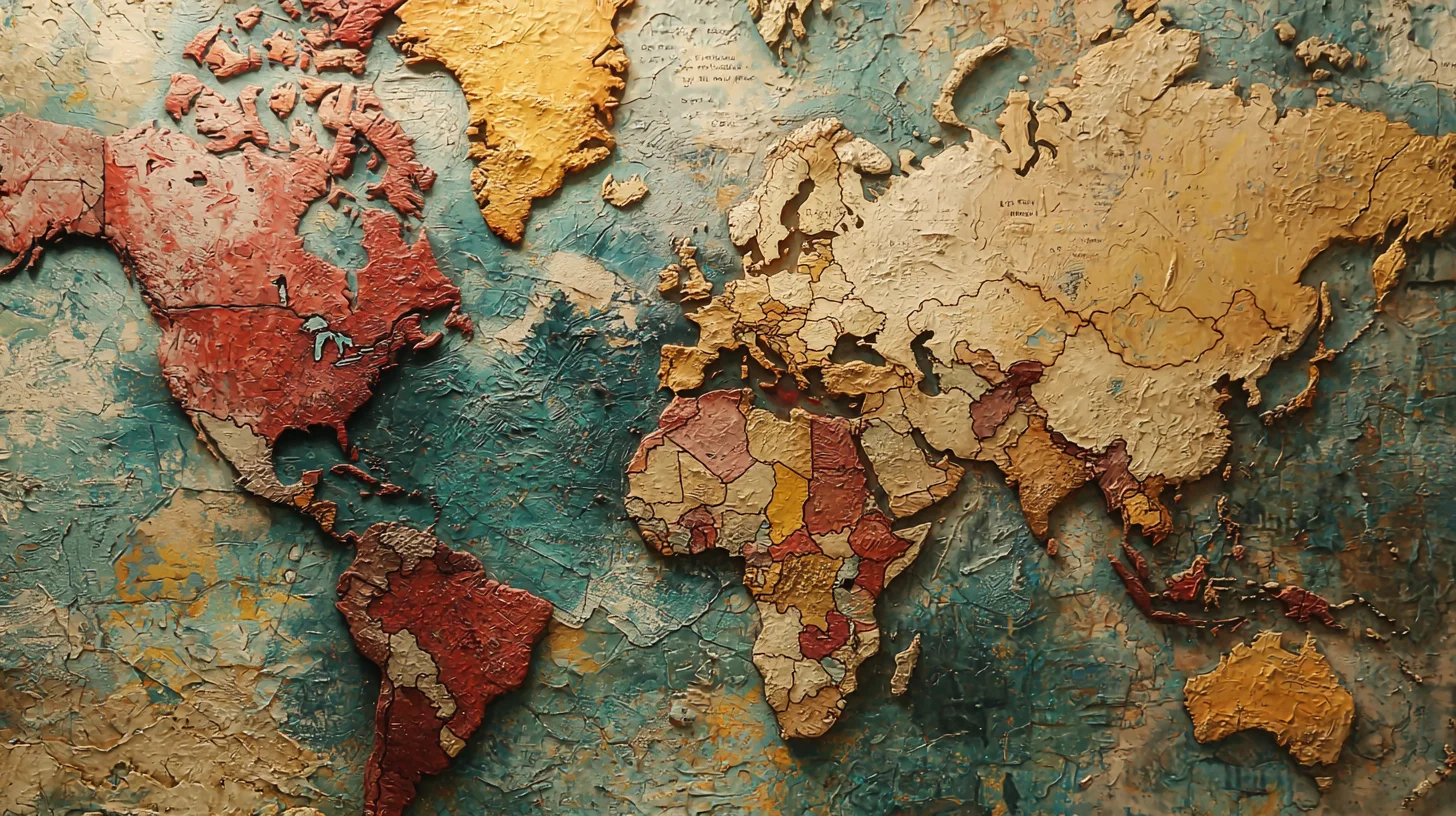27 February 2024
Chess Grandmasters and AI Shape Future Strategies.

Press the play button in the top right corner to listen to the article
The intellectual game of chess has always been a battleground not only of wits and strategies but also of evolving paradigms, especially with the advent of artificial intelligence (AI) in the scene. The traditional game, known for its deep historical roots and complex strategic depth, has seen a revolutionary shift in how strategies are formulated, analyzed, and executed. This shift is predominantly due to the interaction between human intelligence and artificial intelligence.
The relationship between chess and AI took the spotlight with IBM's Deep Blue defeating the reigning world champion, Garry Kasparov, in 1997. This event was not merely a spectacle but a harbinger of the changing landscape of chess. AI, since then, has evolved from a mere competitor to a sophisticated tool that assists in the training and development of chess players, from novices to grandmasters.
Today's AI chess engines, like Stockfish and AlphaZero, offer an unprecedented depth of analysis, capable of evaluating millions of positions per second and uncovering strategies that have reshaped the understanding of chess. These engines don't just calculate better moves; they introduce a new style of play, emphasizing dynamic elements and long-term positional advantages over immediate tactical gains. This has led to a symbiotic relationship where AI provides the analytical power and humans contribute the creative and psychological elements, blending calculation with intuition.
The influence of AI on chess strategy can be seen in the preparation and adaptation of grandmasters for high-stakes tournaments. Players now have access to a vast database of games, where AI-driven analysis tools can pinpoint weaknesses in both their and their opponents' strategies. This level of preparation has elevated the game, making encounters at the top level more competitive and unpredictable.
Moreover, AI has democratized chess learning, allowing enthusiasts at all levels to access tools and resources once reserved for the elite. Through platforms like Lichess and Chess.com, players can analyze their games, receive instant feedback, and engage with tailored training modules, all of which are powered by sophisticated AI algorithms. This accessibility has spurred a global resurgence in chess's popularity, evidenced by the surge in online play and viewership of chess tournaments.
The integration of AI into chess has not been without its detractors. Some purists argue that the reliance on AI for preparation and analysis dilutes the game's human element, reducing creativity and favoring those who can best leverage technology. However, the prevailing view is that AI enriches chess, pushing the boundaries of what is strategically possible and fostering a deeper, more nuanced appreciation of the game.
As we look to the future, the intersection of AI and chess promises further innovations. From enhancing educational tools to developing AI that can mimic the playing styles of historical chess legends, the potential is boundless. The ongoing dialogue between human intelligence and artificial intelligence in chess is not just about creating stronger players but about advancing our understanding of intelligence, strategy, and creativity.
The content, including articles, medical topics, and photographs, has been created exclusively using artificial intelligence (AI). While efforts are made for accuracy and relevance, we do not guarantee the completeness, timeliness, or validity of the content and assume no responsibility for any inaccuracies or omissions. Use of the content is at the user's own risk and is intended exclusively for informational purposes.
#botnews















































































